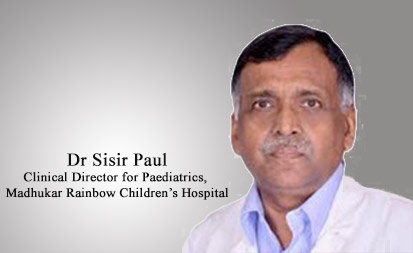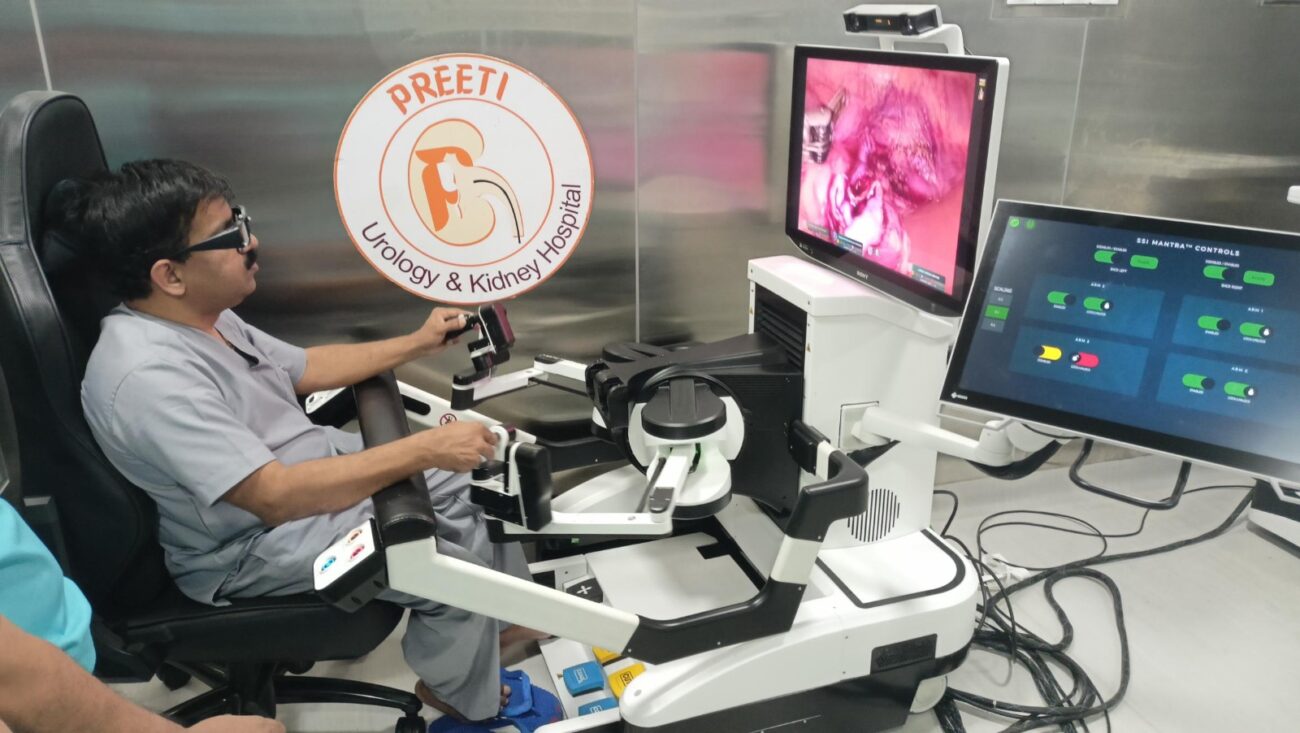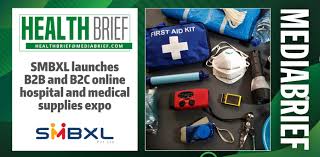Timely Precautions that can be taken to combat Pneumonia in children: Dr. Sisir Paul
On World Pneumonia Day, Dr Sisir Paul, Clinical Director for Paediatrics, Madhukar Rainbow Children’s Hospital, explains all the aspects of Pneumonia: From symptoms to prevention. November 12 is World Pneumonia Day, Pneumonia is one of the

- On World Pneumonia Day, Dr Sisir Paul, Clinical Director for Paediatrics, Madhukar Rainbow Children’s Hospital, explains all the aspects of Pneumonia: From symptoms to prevention.
November 12 is World Pneumonia Day, Pneumonia is one of the leading causes of sickness and mortality in children in developing countries especially under the age of 5 years. Pneumonia can be easily prevented by immunization, adequate nutrition, and taking care of some environmental factors.
As per WHO Pneumonia accounts for almost 15% to 18 % of all deaths (1.3 million deaths) globally of which 99% cases seen in 15 developing countries, in children under 5 years age. Approximately 3.7 lakh children die of Pneumonia annually in India. Pneumonia can be caused by viruses, bacteria, or fungi. Developed countries are mostly protected because of large scale vaccination and less density of population. Only 60-65% children suffering from pneumonia are taken to any health facility in India and that too when the child is very sick and only less than 15% get appropriate antibiotics when needed. (WHO, UNICEF)
Pneumonia can spread in several ways like via air-borne droplets from a cough or sneeze from an infected person or the organisms which are normally present in one’s nose and throat can become infective if conditions are unfavourable and can infect the lungs if they are inhaled. In addition, in young infants it can spread through blood also. Various factors that may influence the occurrence of pneumonia include, premature and low birth weight child, undernutrition, indoor overcrowding, poor hygiene, previous history of allergies, recent history of Measles and Chicken Pox, Pneumonia or hospitalisation and many more.
The presenting features of viral and bacterial pneumonia are similar. However, the symptoms of viral pneumonia may be more when compared with bacterial pneumonia. In children under 5 years of age they can present with cough and/or fast and difficult breathing, with or without fever and there may be retraction of lower chest wall. Wheezing is more common in viral infections. Very severely ill infants may be unable to take feed or drink.
In 2009, WHO and UNICEF released the Global Action Plan for Prevention and Control of Pneumonia (GAPP), setting a target of 90% coverage and control by 2015.
Three strategic interventions include- vaccination, breastfeeding/nutrition and access to care and antibiotic treatment along with Parent Education Programs, Pneumonia awareness Programs for Community and health workers. Awareness of practices like hand hygiene-washing hands frequently, avoiding indoor pollution (Smoking, usage of firewood, kerosene, incense, deo-sprays etc) as well as outdoor pollution.
“Besides the general precautions as already discussed keep your child’s vaccination upto date which starts from 6weeks of age. All children should be given vaccines to prevent against bacterial infections like Pneumococcus and Hib. All children 6 months of age or older should get a Flu (Influenza) vaccine yearly at least up to 8 years of age (MOH) because the maximum spread in the community is through children in this age group.,” says Dr Paul
Children should also be vaccinated against Measles and Chicken Pox because these illnesses can reduce the immunity severely and increase the risk of secondary pneumonia. Older children should follow cough and sneeze etiquettes (cover their nose and mouth with facial tissue or a sleeve of their shirt when sneezing and throw away tissues after use).
Dr. Paul further added, “Teach and practice good hand washing, wash surfaces that are touched often (like toys, tables, and doorknobs) with soap and water or wipe them down with a disinfectant. If the child is showing symptoms suggestive of pneumonia consult your Paediatrician and do not indulge in self medications.’’






